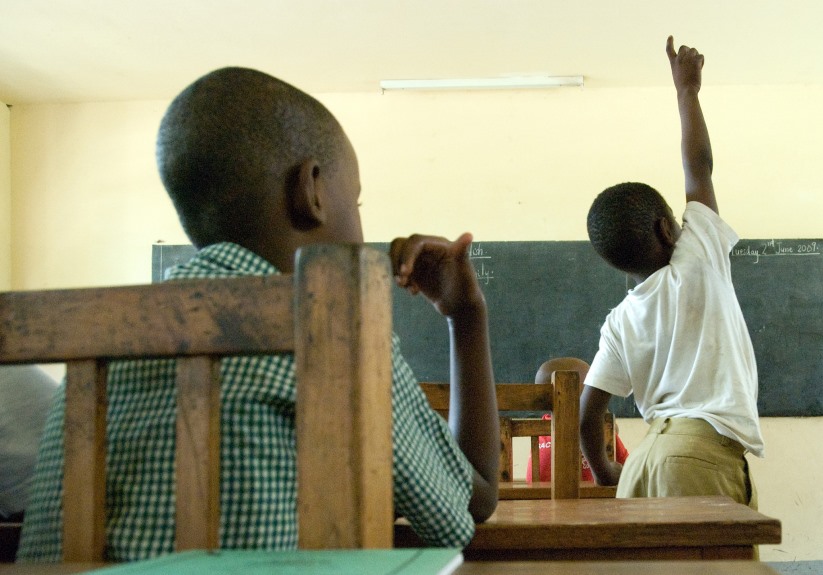Framework: Comprehensive Social Policies

Social Protection in the EU-SPS programme was understood in its comprehensive meaning covering social assistance, social insurance, active labour market measures and access to essential social services and care. The reduction of inequalities through social protection and the promotion of equality within other spheres of policy is an essential aspect of the comprehensive approach.
The functions of social protection instruments are prevention, protection, promotion, and transformation: social protection helps people in their efforts to reduce life course risks, protects them from adverse catastrophic effects of life cycle events and promotes their capability to mange their lives better.
Social protection is a necessary instrument for equalising the life chances of people. But social protection alone cannot ensure equality if at the same time other policies continue to create inequalities. Hence a comprehensive social protection strategy should also adopt a transformative function and advocate for equity.
Social protection is a right and an investment in socio-economic development
Access to basic income security and equal access to essential services are basic rights of all people, not issues of charity or ‘good will’. These rights have been endorsed in universal human rights instruments and governments are duty-bearers who have the responsibility to ensure that all people, the rights-holders, can claim and realise these rights.
Social protection systems are also investments in people, cohesive societies and inclusive economic development that taps into all human talents of the nation. They are essential elements of nation-building, conflict prevention, conflict resolution and post-conflict reconstruction.
During the past few years a number of low income and middle income countries have launched innovative social protection pilots. Many countries are now interested in integrating their fragmented social protection projects into coherent national systems, with the long term aim of covering all lifecycle risks of all children, women and men.
Relevant documents from international organisation:
- The World Bank 2012 - 2011 Social Protection and Labor Strategy: Resilience, Equity, and Opportunity (pdf, 2,8 Mb)
- ILO (2012): Social security for all. Building social protection floors and comprehensive social security systems. The strategy of the International Labour Organization
Social protection is central element on the new sustainable development agenda
The utmost importance of social protection to sustainable development is recognised in the United Nations 2030 Agenda for Sustainable Development. Social protection is seen to have a fundamental role in the eradication of poverty and reduction of inequalities as well as in the promotion of gender equality, decent work, climate adaptation and universal health coverage. Social protection also has a facilitating role in the achievement of most of the other Sustainable Development Goals (SDGs).



